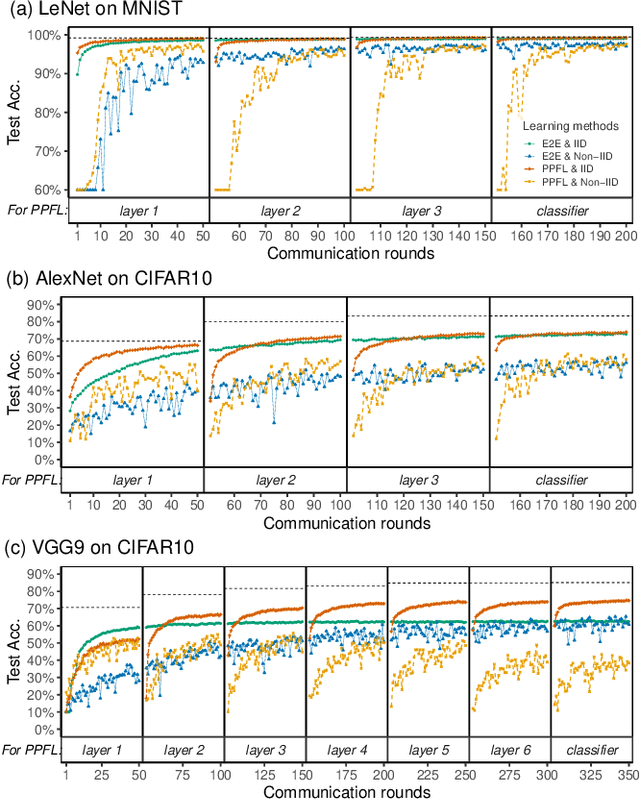Eduard Marin
Dynamic Frequency-Based Fingerprinting Attacks against Modern Sandbox Environments
Apr 17, 2024Abstract:The cloud computing landscape has evolved significantly in recent years, embracing various sandboxes to meet the diverse demands of modern cloud applications. These sandboxes encompass container-based technologies like Docker and gVisor, microVM-based solutions like Firecracker, and security-centric sandboxes relying on Trusted Execution Environments (TEEs) such as Intel SGX and AMD SEV. However, the practice of placing multiple tenants on shared physical hardware raises security and privacy concerns, most notably side-channel attacks. In this paper, we investigate the possibility of fingerprinting containers through CPU frequency reporting sensors in Intel and AMD CPUs. One key enabler of our attack is that the current CPU frequency information can be accessed by user-space attackers. We demonstrate that Docker images exhibit a unique frequency signature, enabling the distinction of different containers with up to 84.5% accuracy even when multiple containers are running simultaneously in different cores. Additionally, we assess the effectiveness of our attack when performed against several sandboxes deployed in cloud environments, including Google's gVisor, AWS' Firecracker, and TEE-based platforms like Gramine (utilizing Intel SGX) and AMD SEV. Our empirical results show that these attacks can also be carried out successfully against all of these sandboxes in less than 40 seconds, with an accuracy of over 70% in all cases. Finally, we propose a noise injection-based countermeasure to mitigate the proposed attack on cloud environments.
PPFL: Privacy-preserving Federated Learning with Trusted Execution Environments
Apr 29, 2021



Abstract:We propose and implement a Privacy-preserving Federated Learning (PPFL) framework for mobile systems to limit privacy leakages in federated learning. Leveraging the widespread presence of Trusted Execution Environments (TEEs) in high-end and mobile devices, we utilize TEEs on clients for local training, and on servers for secure aggregation, so that model/gradient updates are hidden from adversaries. Challenged by the limited memory size of current TEEs, we leverage greedy layer-wise training to train each model's layer inside the trusted area until its convergence. The performance evaluation of our implementation shows that PPFL can significantly improve privacy while incurring small system overheads at the client-side. In particular, PPFL can successfully defend the trained model against data reconstruction, property inference, and membership inference attacks. Furthermore, it can achieve comparable model utility with fewer communication rounds (0.54x) and a similar amount of network traffic (1.002x) compared to the standard federated learning of a complete model. This is achieved while only introducing up to ~15% CPU time, ~18% memory usage, and ~21% energy consumption overhead in PPFL's client-side.
 Add to Chrome
Add to Chrome Add to Firefox
Add to Firefox Add to Edge
Add to Edge